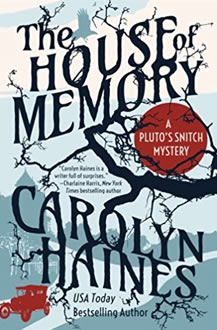

Author(s): Carolyn Haines
Series: Pluto's Snitch #2
Published by Thomas & Mercer on 6/27/2017
ISBN: 1477819932
ASIN: B01NCIKAQX
Genres: Supernatural Mystery
Pages: 318
Format: eBook
Source: Review Copy
Buy on Amazon •
Raissa James not only sees the dead but she’s caught the ears of the living—especially now that she’s solved her first case. Word of Pluto’s Snitch, her private-investigation agency specializing in the occult, has spread far and wide. It’s even come to the notice of Zelda Fitzgerald, the nation’s most celebrated flapper. And Zelda’s in need of its services.
Along with Reginald Proctor, her partner in detection, Raissa travels to Montgomery, Alabama, where Zelda’s friend Camilla has suddenly become prone to violent fits and delusions. Has Camilla gone mad…or has she been possessed?
Raissa and Reginald soon discover that Camilla’s not the only young lady in the area to fall victim to something unnatural. Now it’s up to the Snitches to follow the clues and save Camilla, locked away behind the walls of the formidable Bryce Hospital asylum. But the key to her rescue might not lie among the living at all. Because Raissa knows that the dead have their secrets, too.
I received this book for free from Review Copy in exchange for an honest review. This does not affect my opinion of the book or the content of my review.
The House of Memory is a suspense filled ghost story, and a mystery rolled into one. It’s a combination I’ve seen before, but done with a degree of skill that is often missed in this type of book.
While the mystery part of ghost story/mystery was done well, it is the ghost story portion that really made this book an enjoyable read. Too often books that focus on ghosts either concentrate on the supernatural aspects to the exclusion of all else or go the horror route and make the undead seem as gruesome and scary as possible. One of the things I really liked about House of Memory is, while ghosts were the major aspect of the book, the world the story lives in wasn’t solely focused on them. The way ghosts are introduced as part of the world, existing next to everyday mundanity, made them feel somewhat more real and added a lot of weight to their existence in the story.
It also made them significantly creepier when you the characters start investing the focus of the ghostly problems, and the supernatural ratio cranked up. Also, who doesn’t love a nice, haunted insane asylum?
Aside from the artful way Haines weaved mystery and suspense together, the characters are the other major plus for this book. Do they hit major character archetypes common to this type of story? Sure. Are they done in a believable and enjoyable fashion that makes you forget they’re a little cliché? Absolutely. While Reginald, the side kick and expert at reading people, was interesting enough it was Raissa that really made this book shine. She is a thoroughly engaging character that felt fully fleshed out with fears and motivations of her own. It was difficult not to like her passionate yet unassuming nature, and the use of first person from her POV helps further cement the reader’s connection to the supernatural investigator. While the book itself doesn’t mention the characters previous adventures in more than a passing way, the character was engaging enough that I sought out the first title in the series to learn more about her.
And when a character is interesting enough to sell me another book, that says something.
There is actually very little negative to find in this book. It’s interesting, well paced, with enough mood to keep you on the edge of your seat and a flowing style of writing that helps the reader get lost in the pages. So I only have 2 small nit-picks that keep this book at only ‘completely excellent and fantastic’ instead of ‘oh my god, that’s the best mystery ever,’ which, isn’t that far of a step-down.
The first is the use of language. The book is set in the 20s and, mostly thanks to a supporting role by Zelda Fitzgerald, it never lets you forget it. While there are moments of 20s vernacular in the story, mostly coming from Fitzgerald, the rest of the language bounces between modern word choices and almost Victorian. I can forgive the ‘almost Victorian’ part of that, seeing as how the 20s was a time of transition from the Victorian mindset to the modern, and most of that comes from the main character so it could be a personality foible more than anything else.
The modern use of language is something else. It doesn’t detract from the story, and it wasn’t something I noticed often, but when I did it made me wish for a bit more of the 20s flare the book could have used. Although I would guess most readers would be annoyed with the fun yet bizarre language of the 20s, so the author can be forgiven for using modern phrasing instead, if for nothing else than the ease of the reader. I’m not sure there is a balance that could be found that would hit both language choices, and as I said, it did not detract from the overall story.
My other concern was the ending. I won’t give it away, and I will say it wasn’t nessicarily bad, but given how suspenseful parts of the book feels, the end seemed like a choice was made because the author couldn’t find a better ending to the story. It’s not so much that the story was unresolved or finished in a way that left the reader unsatisfied, as it didn’t one-hundred percent live up to the promise the first two-thirds of the book made, stylistically. I will say again, the ending wasn’t bad. It was just cliché.
I would absolutely recommend this book to anyone that likes a ghost story and enjoys a little mystery. It’s worth the read.
| Rating Report | |
|---|---|
| Plot | |
| Characters | |
| Writing | |
| Pacing | |
| Cover | |
| Overall: | 4.6 |

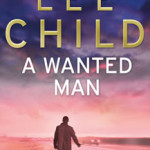
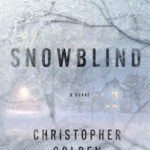
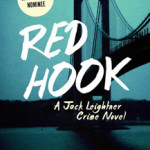

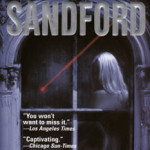




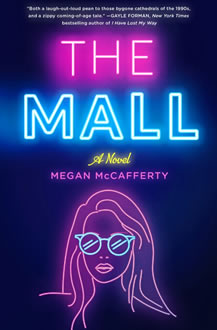
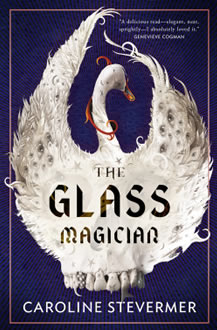
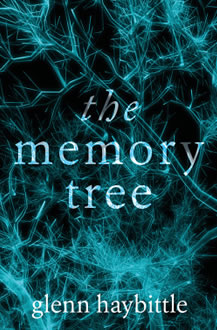
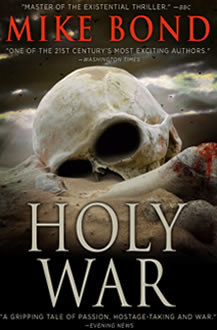
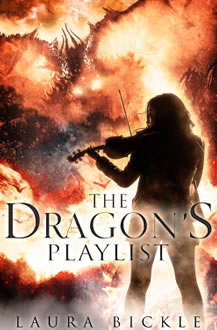
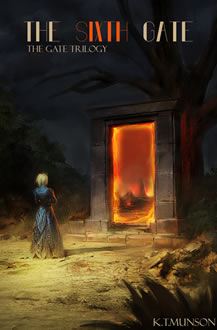
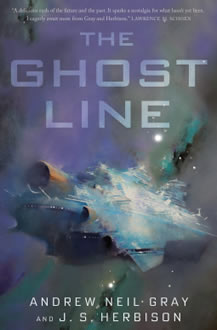
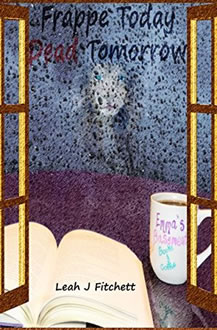
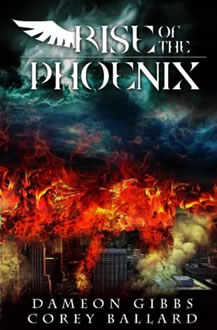
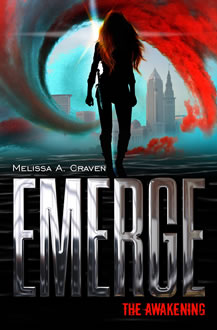
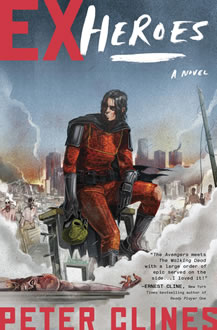
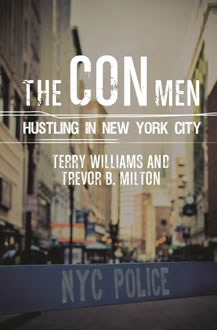
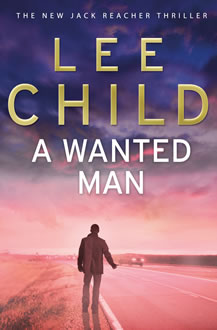
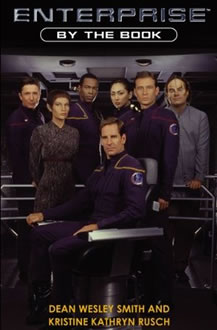
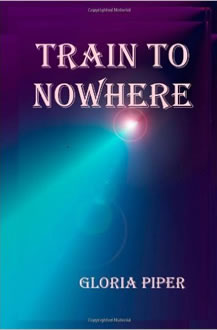




Leave a Reply